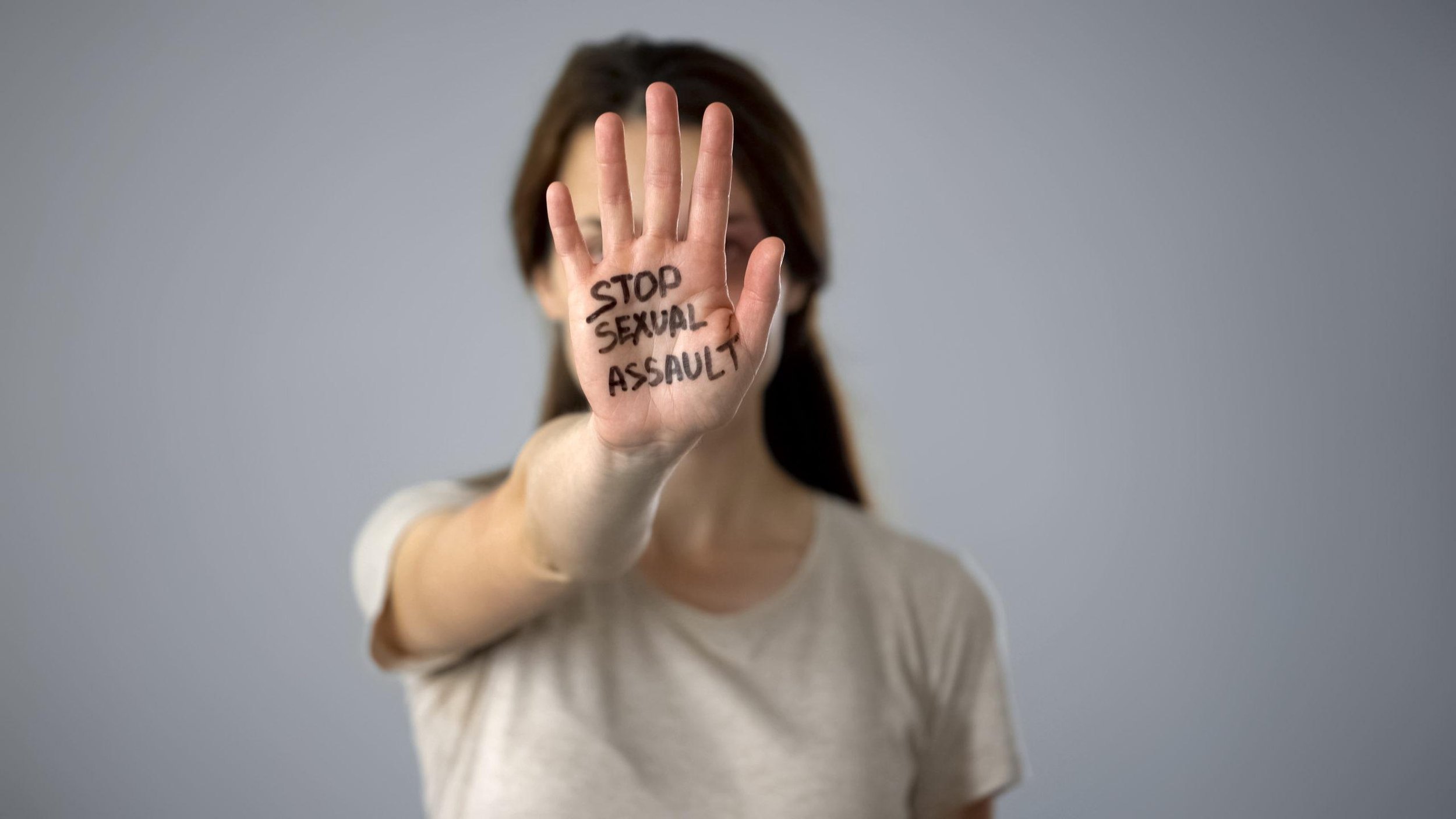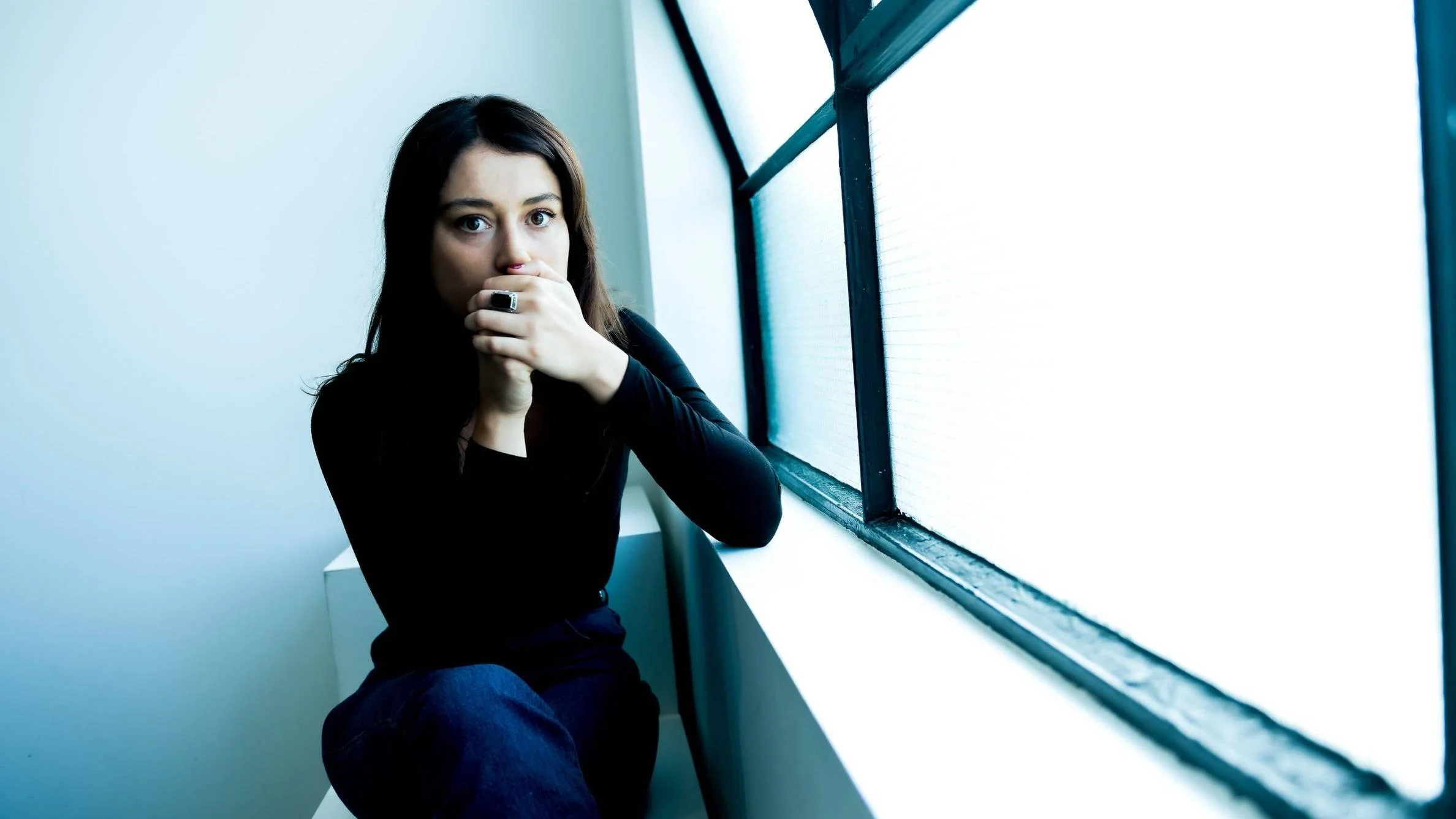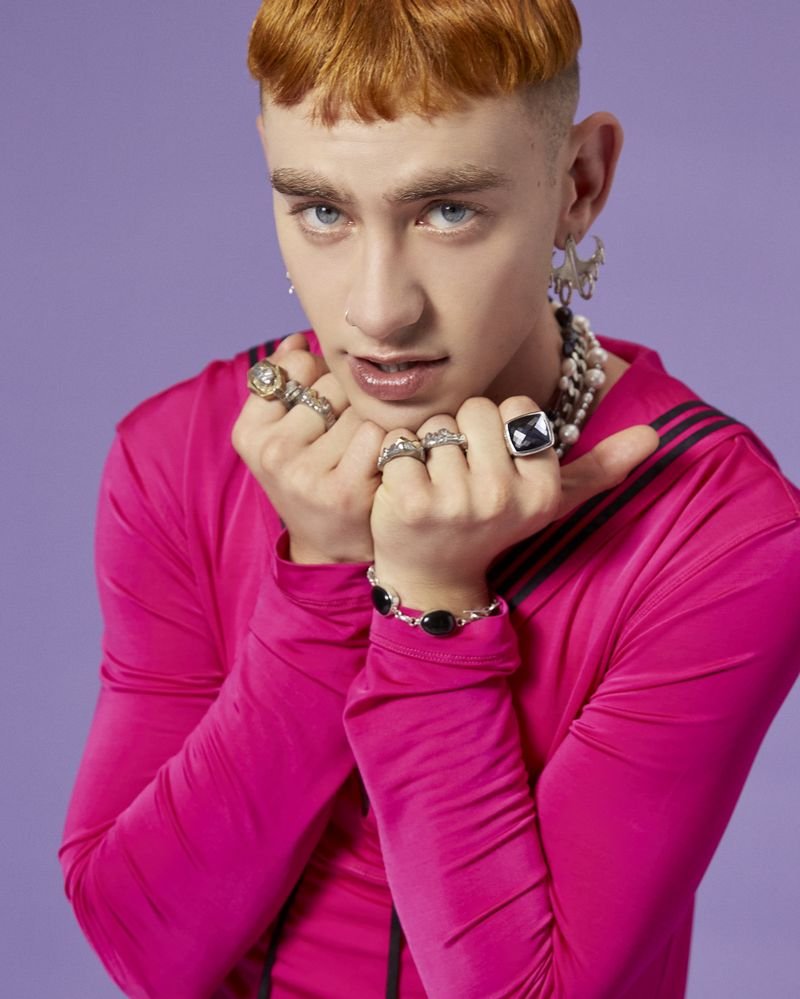Protest flyers are seen taped on an Indiana Avenue utility pole March 31, 2022. Organizers hung multiple flyers around campus to spread word of Saturday’s event at the East Studio Building. Some of those flyers have been torn down and defaced with offensive writing.
Since January, Jacobs School of Music students have been pushing for more in-depth conversations and tangible solutions after an Indiana Daily Student investigation detailed a sexual misconduct case.
Students have attended town halls, conversed with faculty and staff and posted on social media to express their fears and concerns. In internal conversations, the university often stifled conversations, citing the Family Educational Rights and Privacy Act and barred students from discussing the specifics of the case.
Now, those dismayed students are asking for more.
At 5 p.m. Saturday, students and the music community are gathering at the East Studio Building to protest and demand answers from their institution. Within their list of demands, they are asking for the university to condemn sexual violence, better protect survivors and forge a safer community.
The IDS investigation, which prompted the protest, describes how music student Chris Parker was should have been expelled or charged by police, or both, when he breached his suspension stemming from a sexual assault. The university did not follow these terms of his suspension, which are detailed in a document obtained by the IDS. He was allowed back as a student twice after that. Organizer and alumna Abby Malala said the university needs to follow through on the promises they make in their policies.
"It's very important to us that if a survivor is told that certain action will be taken that that promise to them follows through," she said.
Parker is a starting point for much larger conversations about sexual assault and how the university handles Title IX investigations and sanctions, she said. After the stunting of previous conversations, Malala hopes the university recognizes how infuriated students are about what she calls a "miserable miscarriage of justice."
Read more here.









